Sober October has gained traction as a month-long challenge encouraging people to go alcohol-free. Much like Dry January, it offers an opportunity to reassess drinking habits and explore alternatives to alcohol.
What started as a temporary challenge is now sparking deeper lifestyle changes and a broader movement toward "sober curiosity," where individuals question their substance use and experiment with reduced or alternative consumption.
The Rise of Sober October and Sober Curiosity
The concept of taking a break from alcohol for a month isn’t new, but Sober October's growing popularity reflects shifting cultural attitudes. Participation remains steady, with about 10% of U.S. adults aged 21 and older planning to partake, rising to 17% among Gen Z (ages 21-24) and 16% among Millennials (ages 25-44). This trend, combined with the growing interest in non-alcoholic beverages and cannabis alternatives, signals that many are reconsidering their relationship with alcohol.
Recent data shows that 40% of drinking-aged adults are at least "somewhat curious" about a sober lifestyle, up significantly from previous years. The appeal of a sober-curious lifestyle lies not just in abstaining from alcohol but in exploring what a more mindful approach to drinking—or not drinking—could mean for health, wellness, and social experiences.
Why People Are Embracing Sober October
The motivations behind Sober October are diverse. Some participants use it as a way to reset their health after indulgent months, while others seek to gain mental clarity, improve sleep, or enhance physical fitness. The health benefits associated with even a brief period of abstinence can include better liver function, improved mood, and lower blood pressure.
For many, it’s about a tolerance break - i.e. breaking the habit of routine drinking or cannabis consumption and evaluating the role substances play in their daily life. The challenge offers an opportunity to cultivate mindfulness around substance use, shifting the focus from avoidance to intentionality. Some participants find that a month-long hiatus helps highlight how often they rely on alcohol for social situations or stress relief, inspiring long-term changes even after October ends.
Cannabis, Mocktails, and Alternatives: Filling the Void
A significant aspect of Sober October is discovering alcohol-free alternatives. With the rise of non-alcoholic beer, zero-proof spirits, and mocktails, people have more options than ever to enjoy social occasions without alcohol. Brands like Budweiser Zero and Labatt Blue Non-Alc are catering to this demand, offering products that mimic traditional beverages minus the buzz.
Interestingly, data shows that younger generations are replacing alcohol with different alternatives. Gen Z participants lean heavily toward non-alcoholic drinks and alcohol-free beverages, while Millennials are more likely to substitute alcohol with cannabis. This trend reflects not only changing substance preferences but also a broader cultural shift toward exploring cannabis as a wellness tool. The Cali Sober lifestyle, which involves avoiding alcohol while using cannabis, has also influenced how people approach substance use during Sober October.
Navigating the Social Landscape Without Alcohol
One of the challenges people face during Sober October is social pressure. Alcohol is deeply embedded in many social rituals, from happy hours to celebrations. For some, the idea of abstaining during these events can feel isolating or awkward. However, the rise of sober social spaces is providing new avenues for connection.
Cities like New York are seeing a surge in alcohol-free events such as the Third Place Bar, where attendees can socialize without the expectation of drinking. The goal is to create an inclusive environment that focuses on genuine connections rather than shared substance use. This movement marks a departure from past temperance efforts by centering on self-improvement and mindful living rather than moral judgment or abstinence.
Why Balance and Intention Matter in Substance Use
While Sober October encourages complete abstinence for a month, the underlying message isn't necessarily about quitting alcohol or other substances for good. Instead, it’s about finding balance and intentionality in how we approach consumption. For some, it may lead to more permanent changes, like drinking less frequently or choosing higher-quality beverages. For others, the experiment may highlight the need for lifestyle changes beyond just alcohol, including more holistic approaches to health.
The conversation around substance use is also evolving to be more nuanced. Many people no longer view it as an all-or-nothing decision. The growing interest in "sober-ish" lifestyles allows for flexibility, encouraging individuals to find what works for them, whether that means cutting back on alcohol, replacing it with cannabis, or opting for non-alcoholic alternatives.
Criticism and Pushback: Not Everyone Loves the Sober Movement
The growing trend toward sobriety and sober curiosity has faced some pushback, particularly from industries that benefit from alcohol consumption. For instance, the wine industry's "Come Over October" campaign was a direct counter to Sober October, seemingly mocking those who choose to abstain from alcohol. This reaction suggests a reluctance from some traditional beverage companies to embrace shifting consumer preferences.
At the same time, not everyone is comfortable with the idea of examining their relationship with substances. For many, drinking is deeply tied to social identity and leisure activities, making the thought of reducing or eliminating it a daunting prospect. This discomfort may also stem from cultural norms that associate alcohol with relaxation, celebration, and even sophistication.
The Broader Impact: How Alcohol-Free Movements Are Reshaping America
Sober October and similar initiatives like Dry January are more than fleeting trends; they reflect a broader cultural shift in how people view substance use and wellness. These movements are challenging the status quo and encouraging more intentional living, whether that means abstaining completely, reducing consumption, or exploring alternatives like cannabis.
Moreover, the rise of alcohol-free options is making it easier for people to participate in social activities without feeling out of place. The availability of high-quality non-alcoholic drinks and the normalization of sober social events signal that abstaining from alcohol is no longer a niche choice but a mainstream lifestyle option.
At its core, Sober October is about more than just saying no to alcohol; it’s about saying yes to mindfulness, wellness, and the exploration of new habits. For those who participate, it’s an opportunity to evaluate how substances fit into their lives and to make changes that align with their values and health goals.
Whether you're going completely alcohol-free, exploring cannabis as an alternative, or simply cutting back, the movement encourages a more thoughtful approach to consumption. As attitudes toward alcohol continue to evolve, Sober October may well become an annual tradition for many, paving the way for a more balanced, intentional, and health-conscious lifestyle.
So, this October, why not take the opportunity to step back, reflect, and try something different? Whether you're motivated by health, social connections, or just a curiosity to see how you feel, Sober October offers a moment to pause and rethink the role of substances in your life.
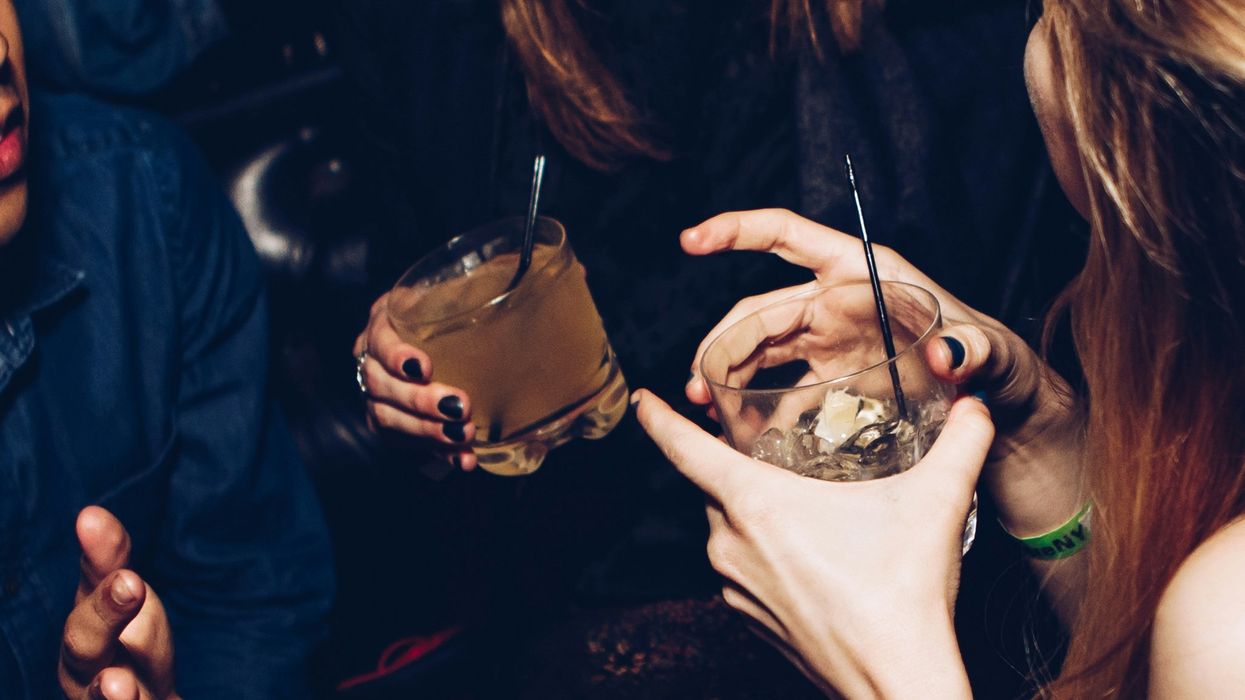






 What will you do with that cannabis kief collection? - Make Coffee! The Bluntness
What will you do with that cannabis kief collection? - Make Coffee! The Bluntness DIY: How to Make Kief Coffee - The Bluntness
Photo by
DIY: How to Make Kief Coffee - The Bluntness
Photo by 




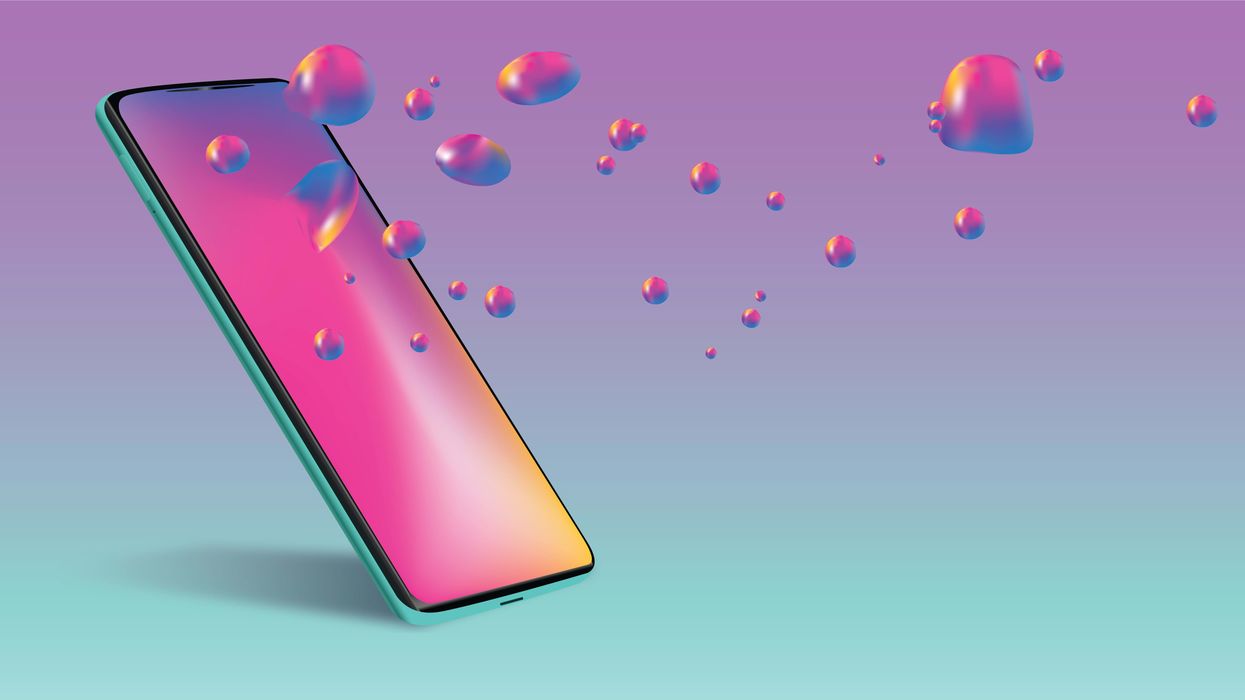

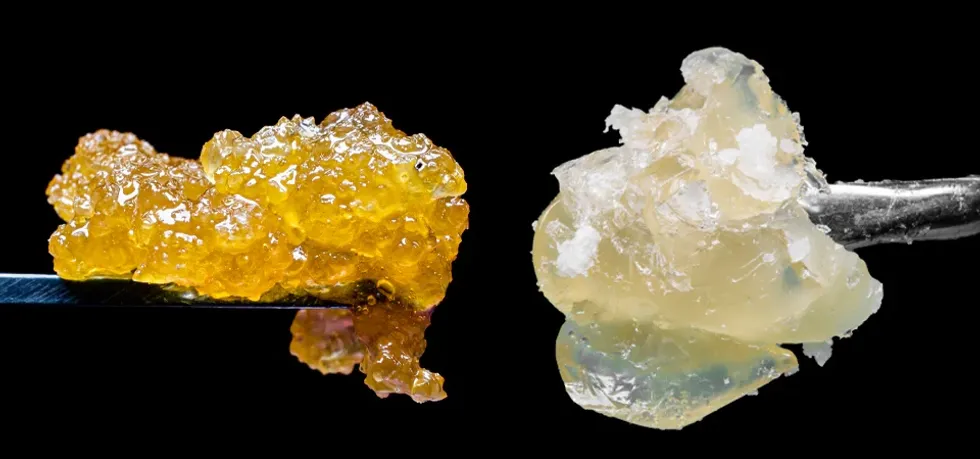 Resin vs. Rosin - The BluntnessLowtemp Industries
Resin vs. Rosin - The BluntnessLowtemp Industries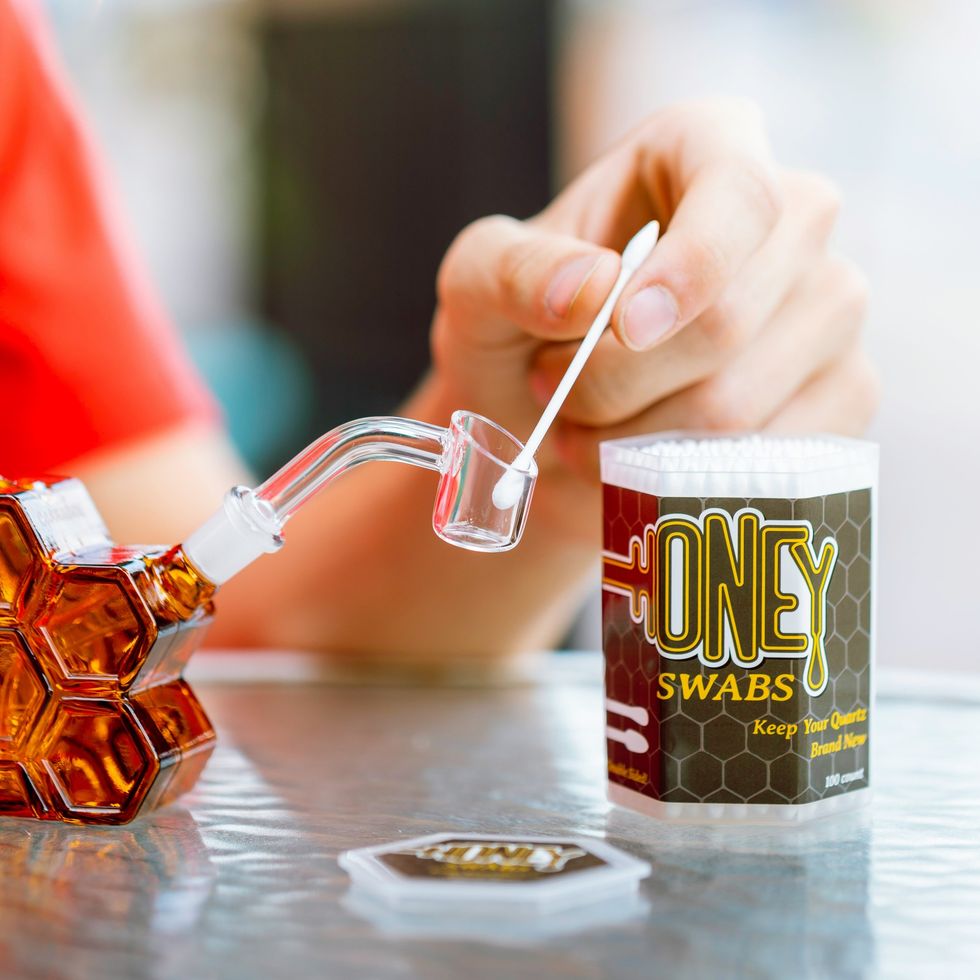 Rosin vs. Resin - The Bluntness Photo by
Rosin vs. Resin - The Bluntness Photo by 
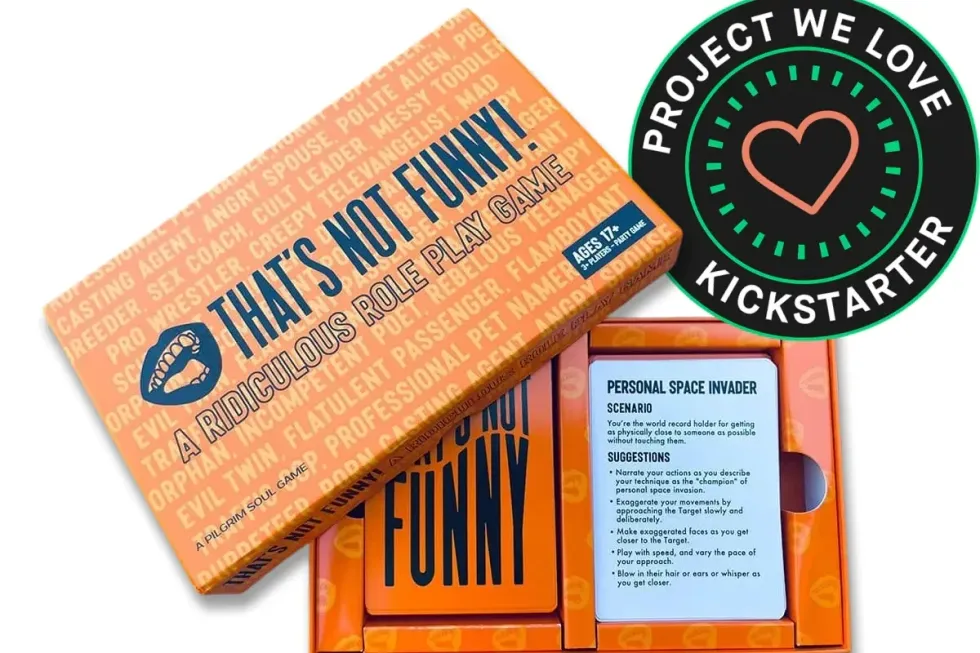
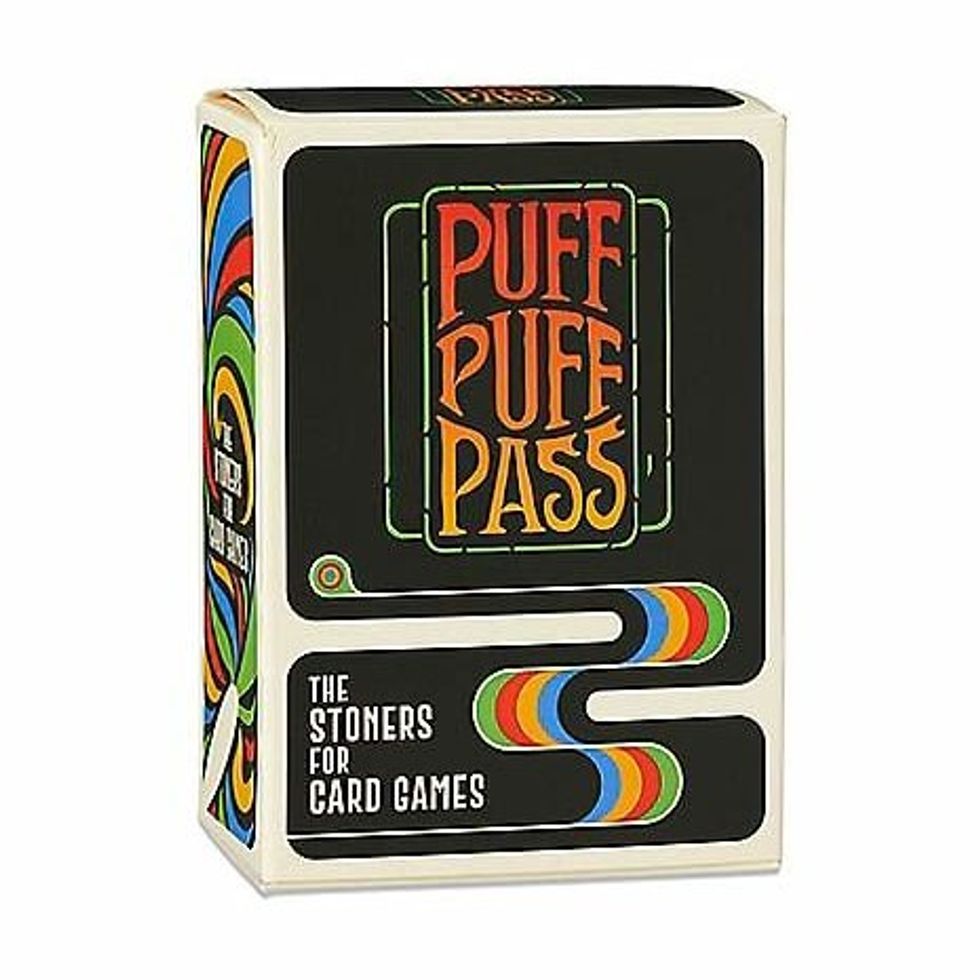
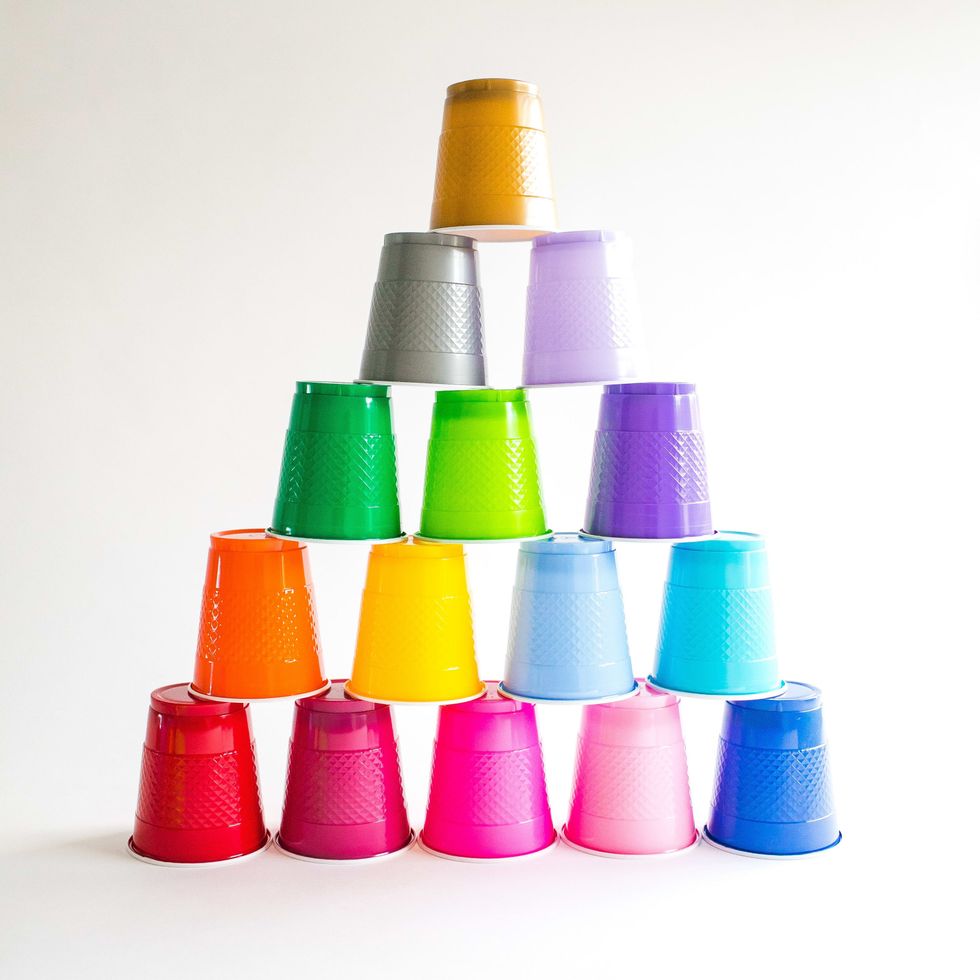
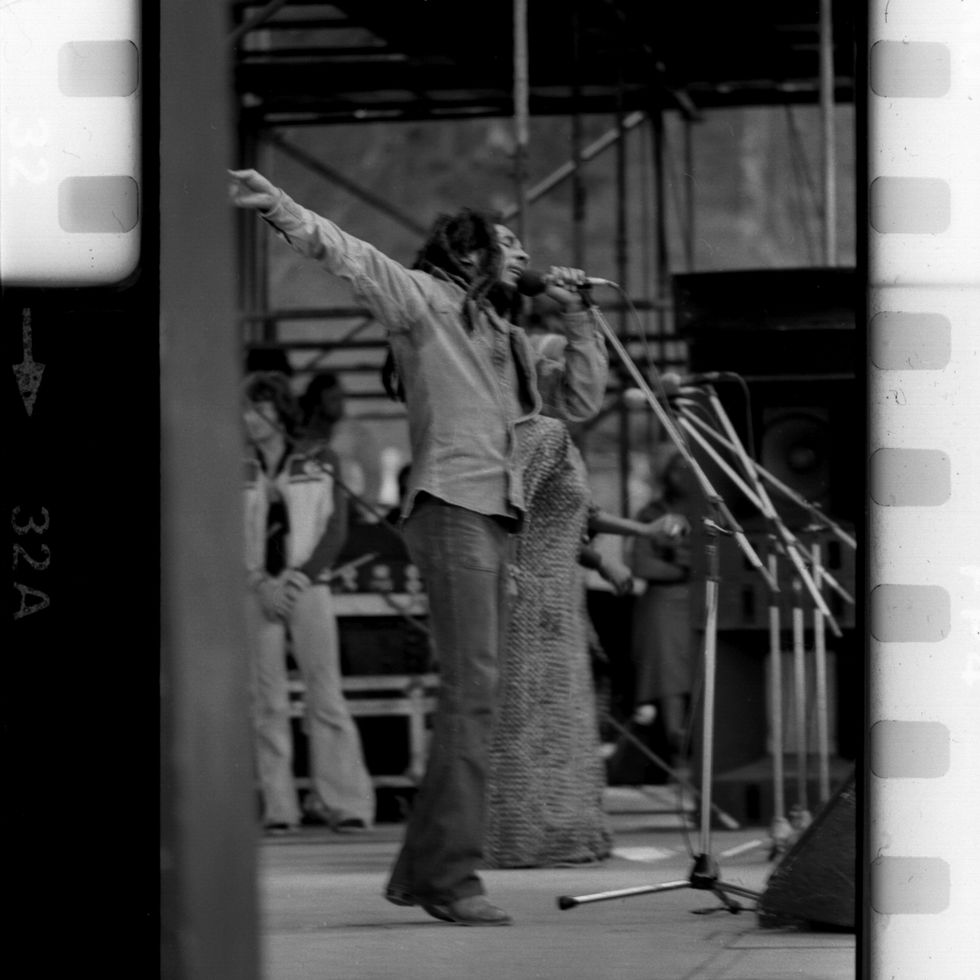 Best Weed Smoking Games to Try - Jammin'
Best Weed Smoking Games to Try - Jammin'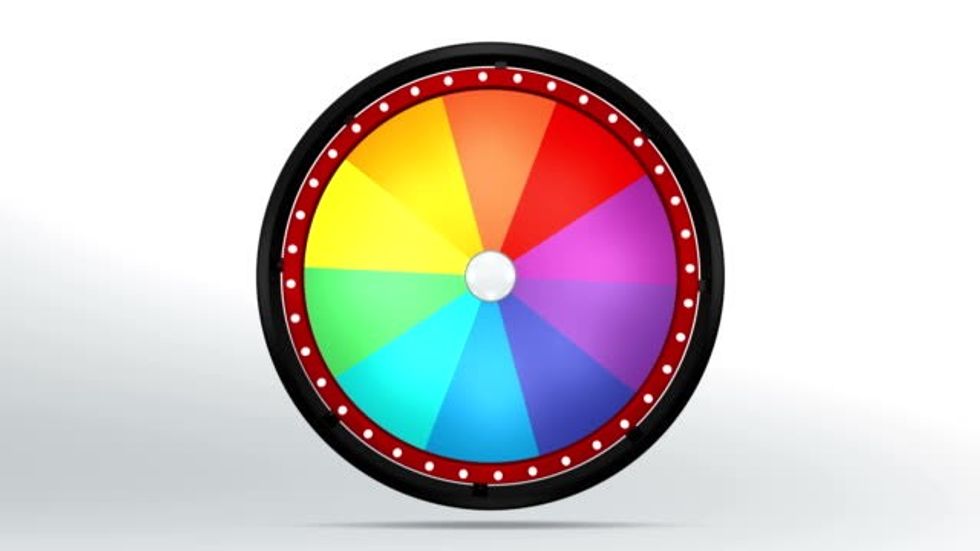 The 31 Best Weed Smoking Games To Try
The 31 Best Weed Smoking Games To Try The Best Weed Smoking Games
The Best Weed Smoking Games The Best Weed Smoking Games to Try
The Best Weed Smoking Games to Try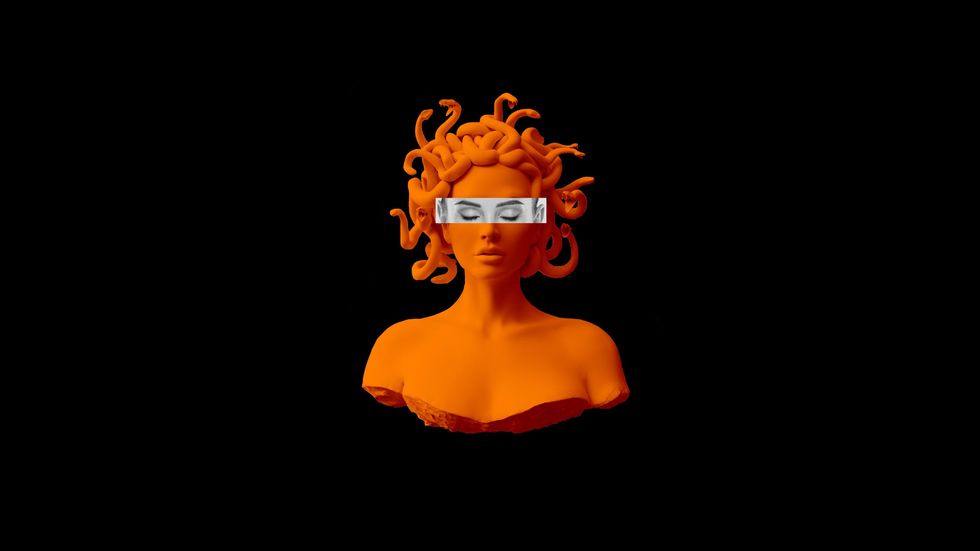
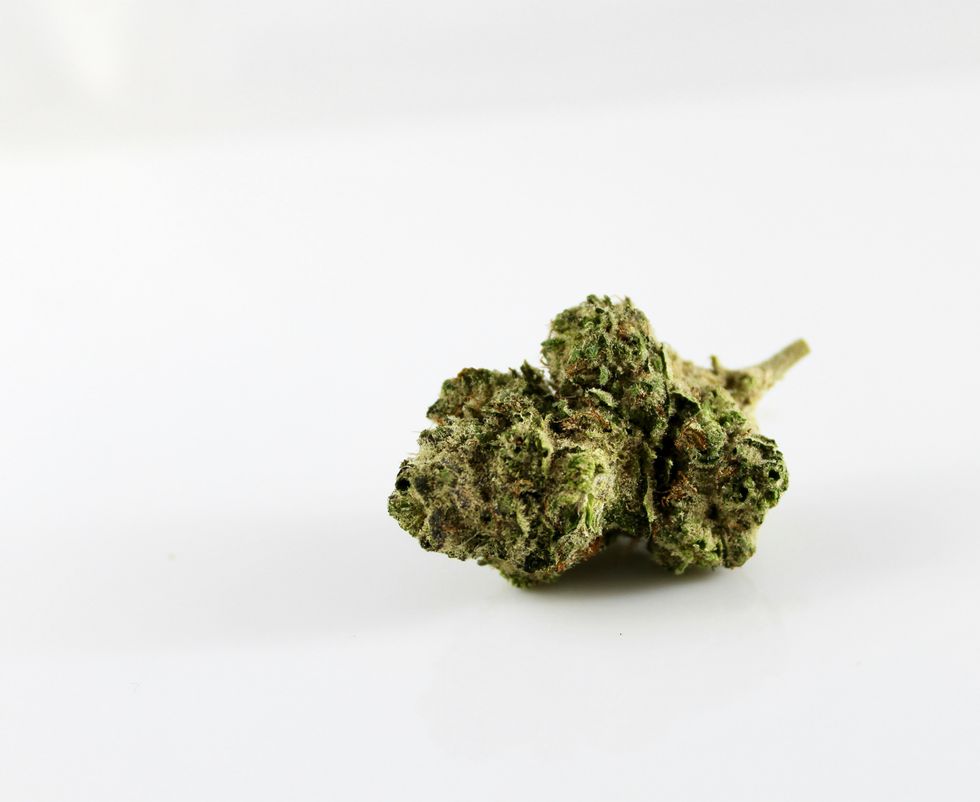
 Stoner Games - Games to Play While High
Stoner Games - Games to Play While High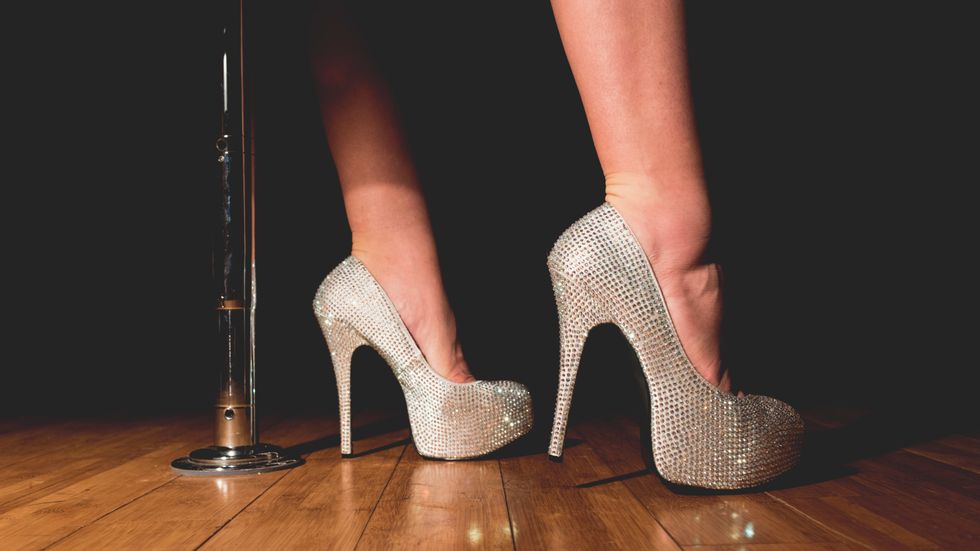 The Best Weed Smoking Games to Play
The Best Weed Smoking Games to Play The Best Weed Smoking Games to Try
The Best Weed Smoking Games to Try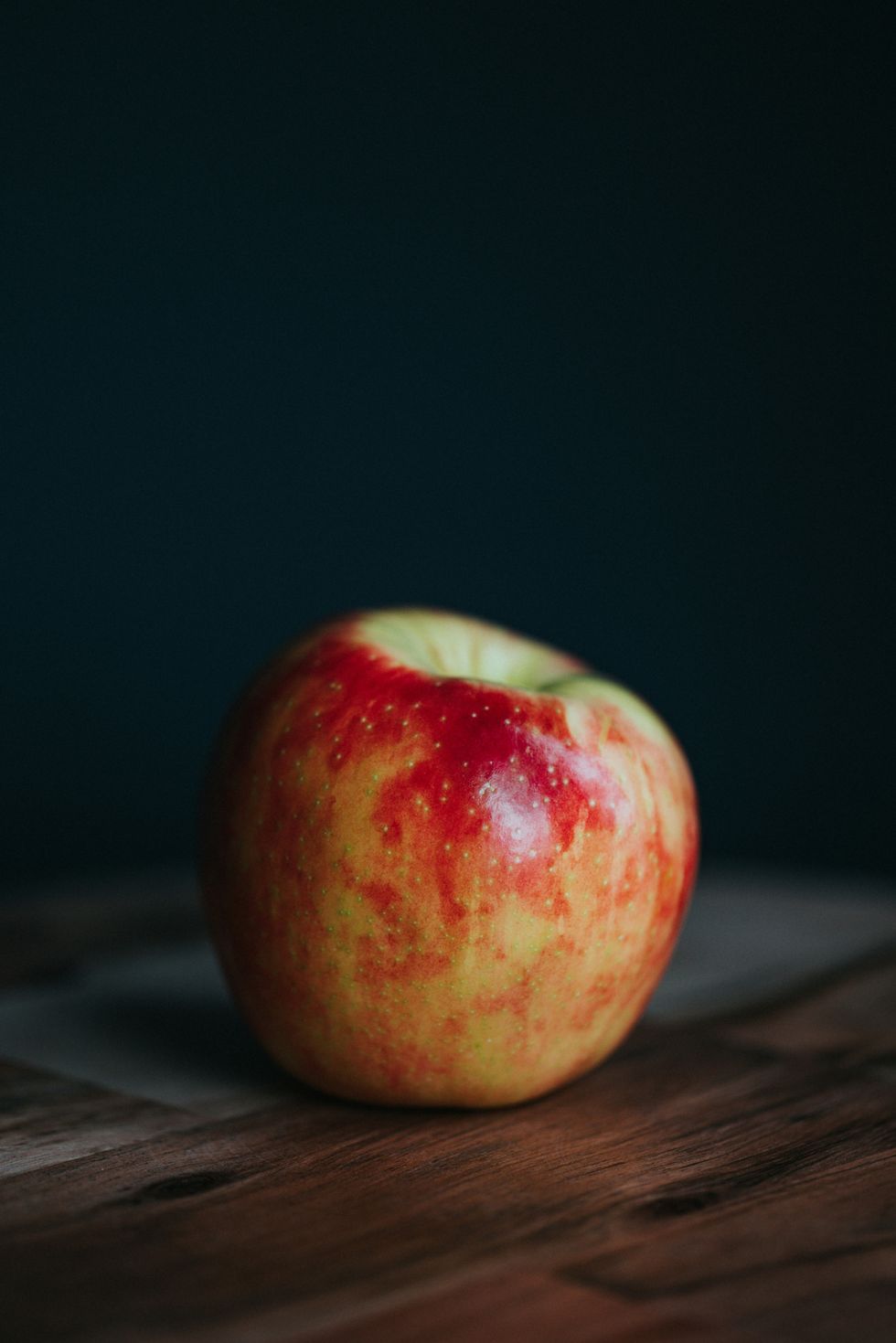
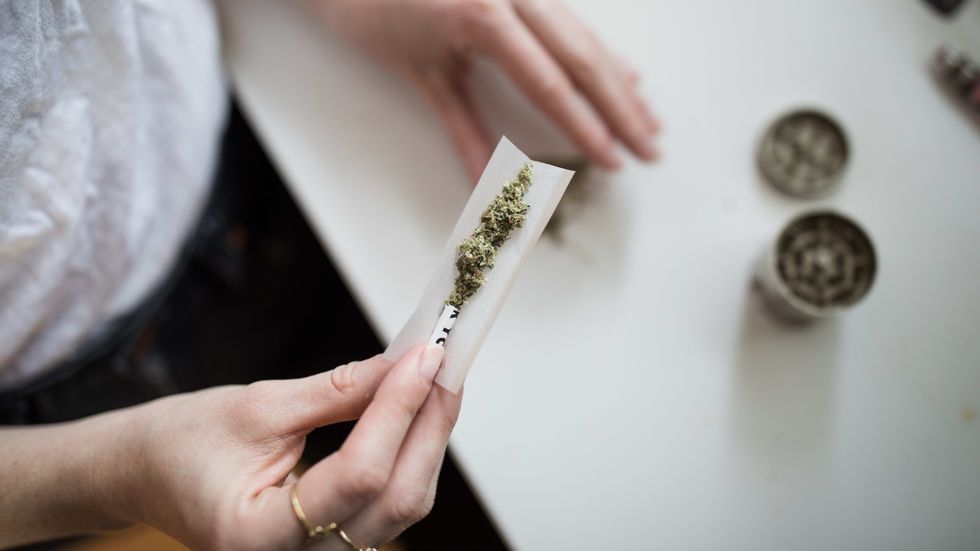 The Best Weed Smoking Games to Try
The Best Weed Smoking Games to Try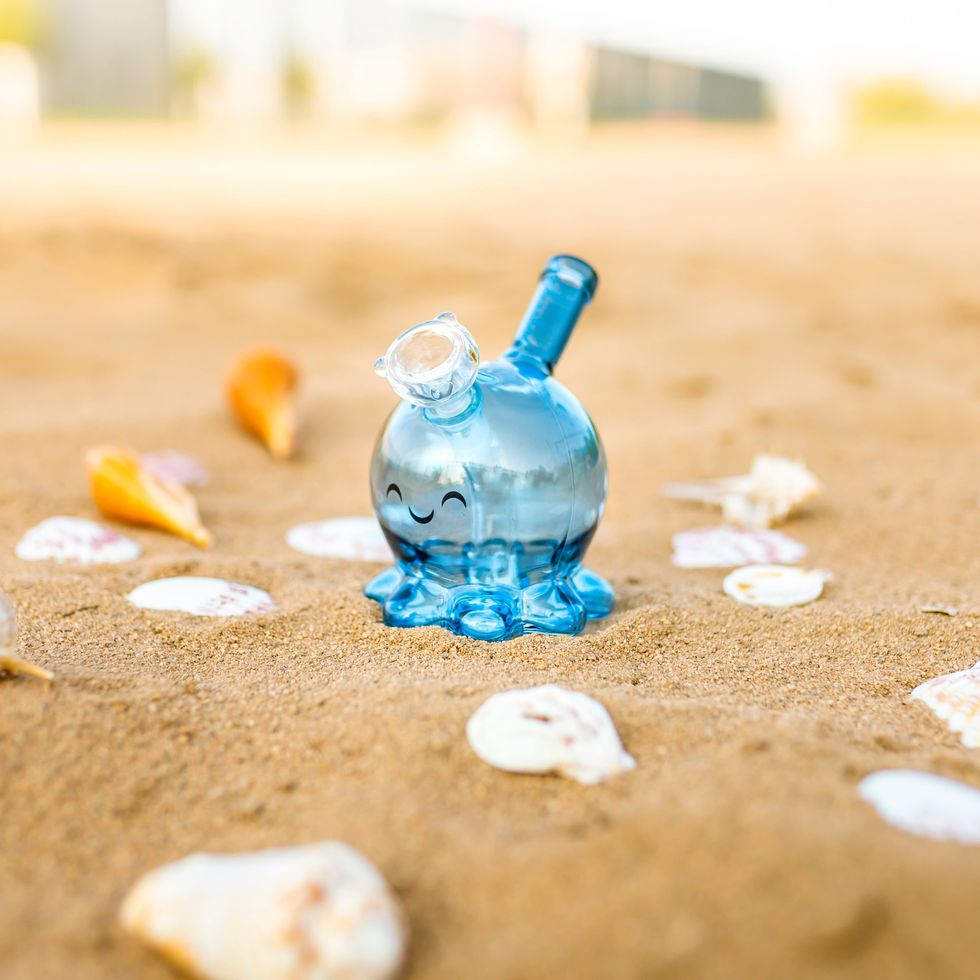
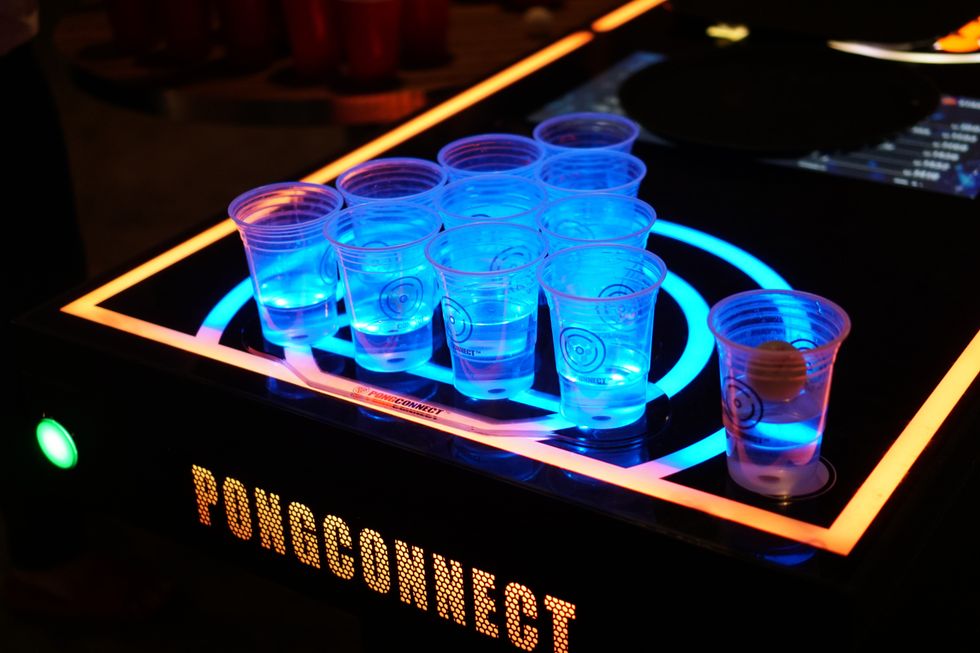 The Best Weed Smoking Games to Play
The Best Weed Smoking Games to Play The Best Weed Games to Play
The Best Weed Games to Play The Best Weed Smoking Games to Try
The Best Weed Smoking Games to Try The Best Weed Smoking Games to Play
The Best Weed Smoking Games to Play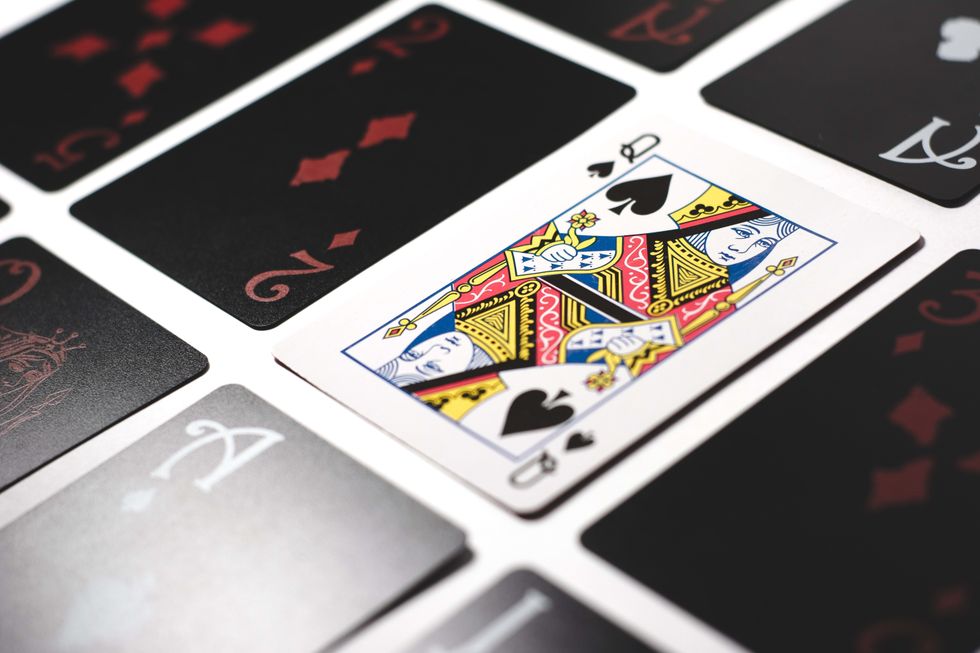 The Best Weed Smoking Games to Try
The Best Weed Smoking Games to Try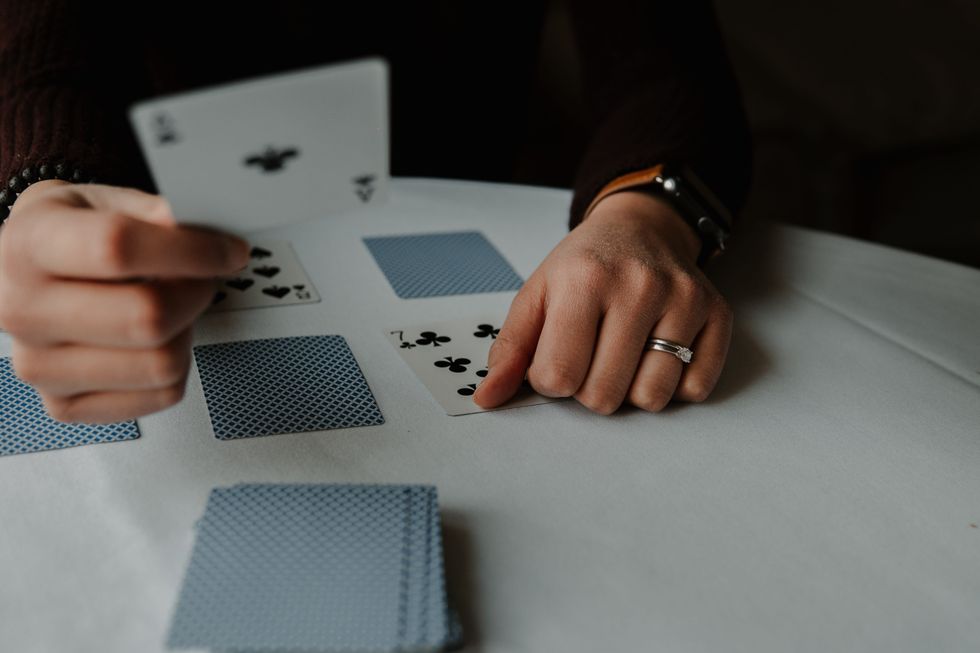 Games for Stoners
Games for Stoners 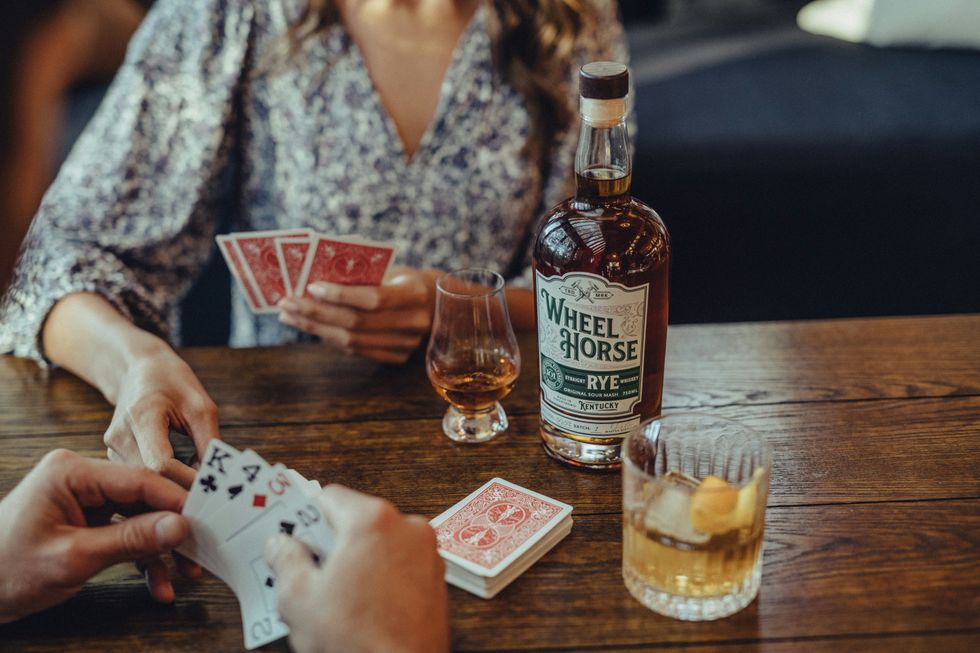 woman in white and blue floral shirt sitting beside woman in white and black floral shirtPhoto by
woman in white and blue floral shirt sitting beside woman in white and black floral shirtPhoto by 
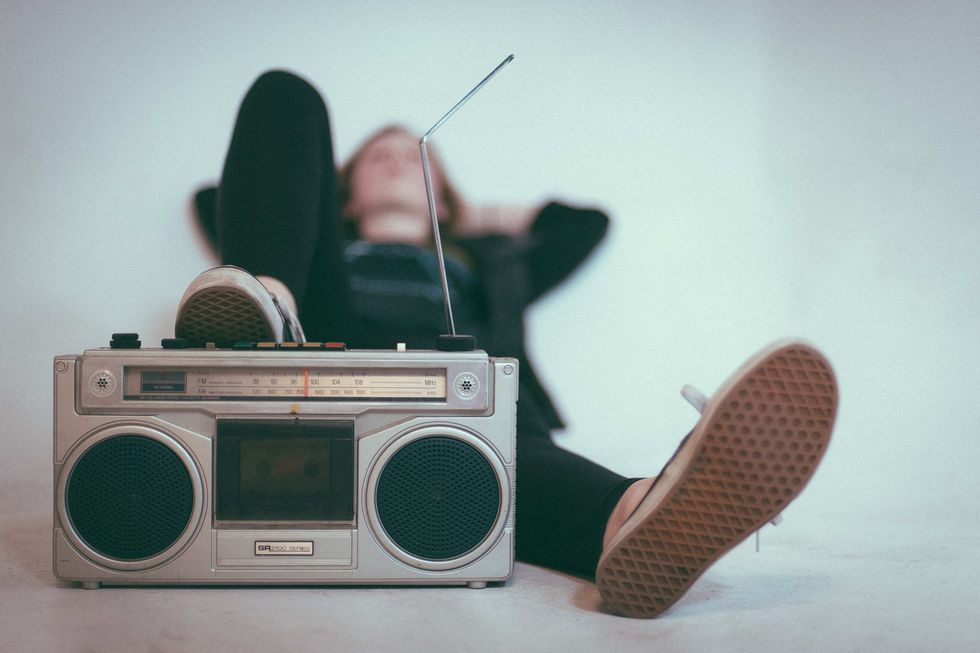 The Best Weed Smoking Games to Play
The Best Weed Smoking Games to Play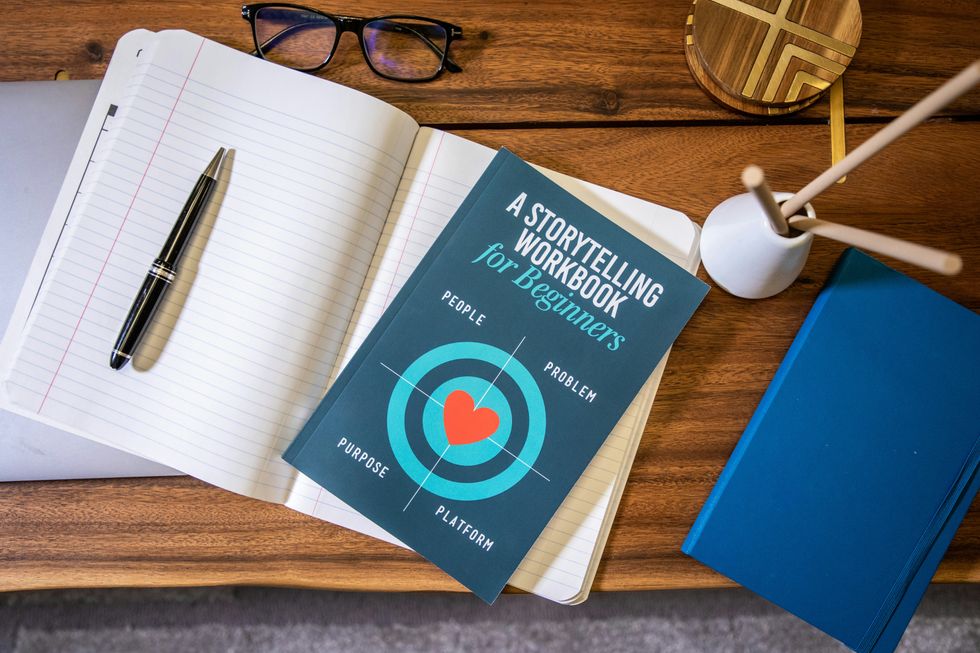
 The Best Weed Smoking Games to Try
The Best Weed Smoking Games to Try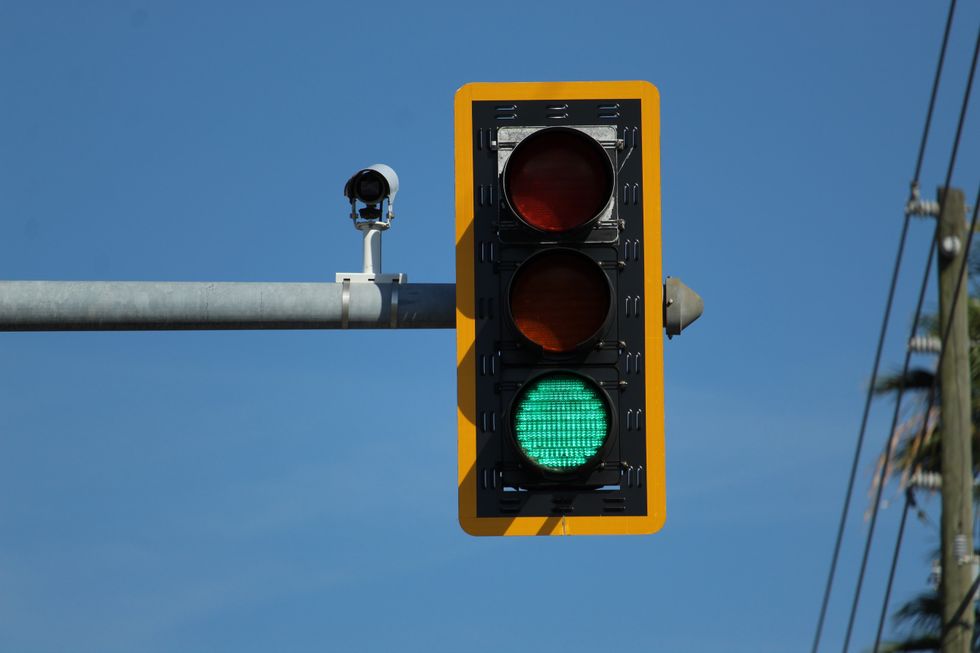 The Best Weed Smoking Games to Try
The Best Weed Smoking Games to Try world map with pinsPhoto by
world map with pinsPhoto by 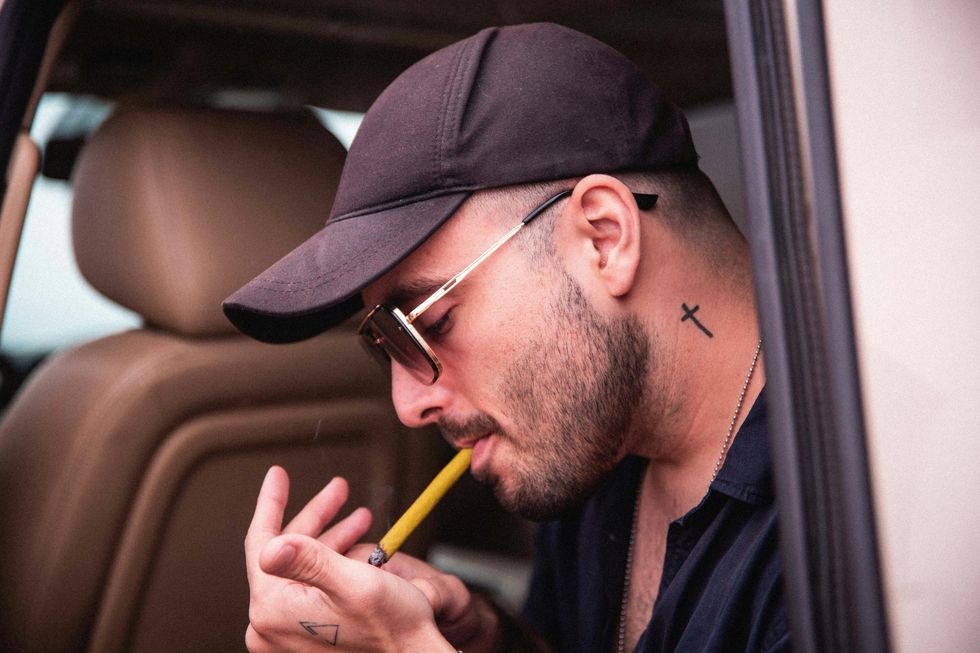
 The Best Weed Smoking Games to Try
The Best Weed Smoking Games to Try
 The Truth About THC Candle: Cannabis Candles & How to Make Your Own - The Bluntness
Photo by
The Truth About THC Candle: Cannabis Candles & How to Make Your Own - The Bluntness
Photo by 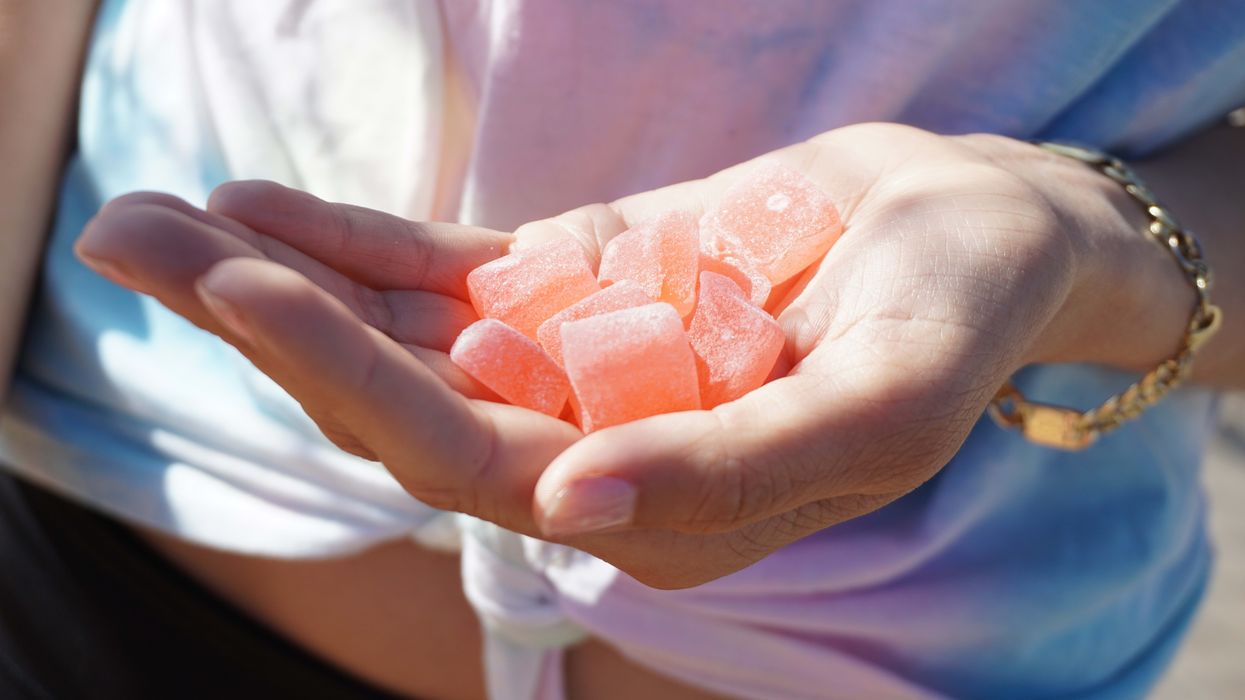
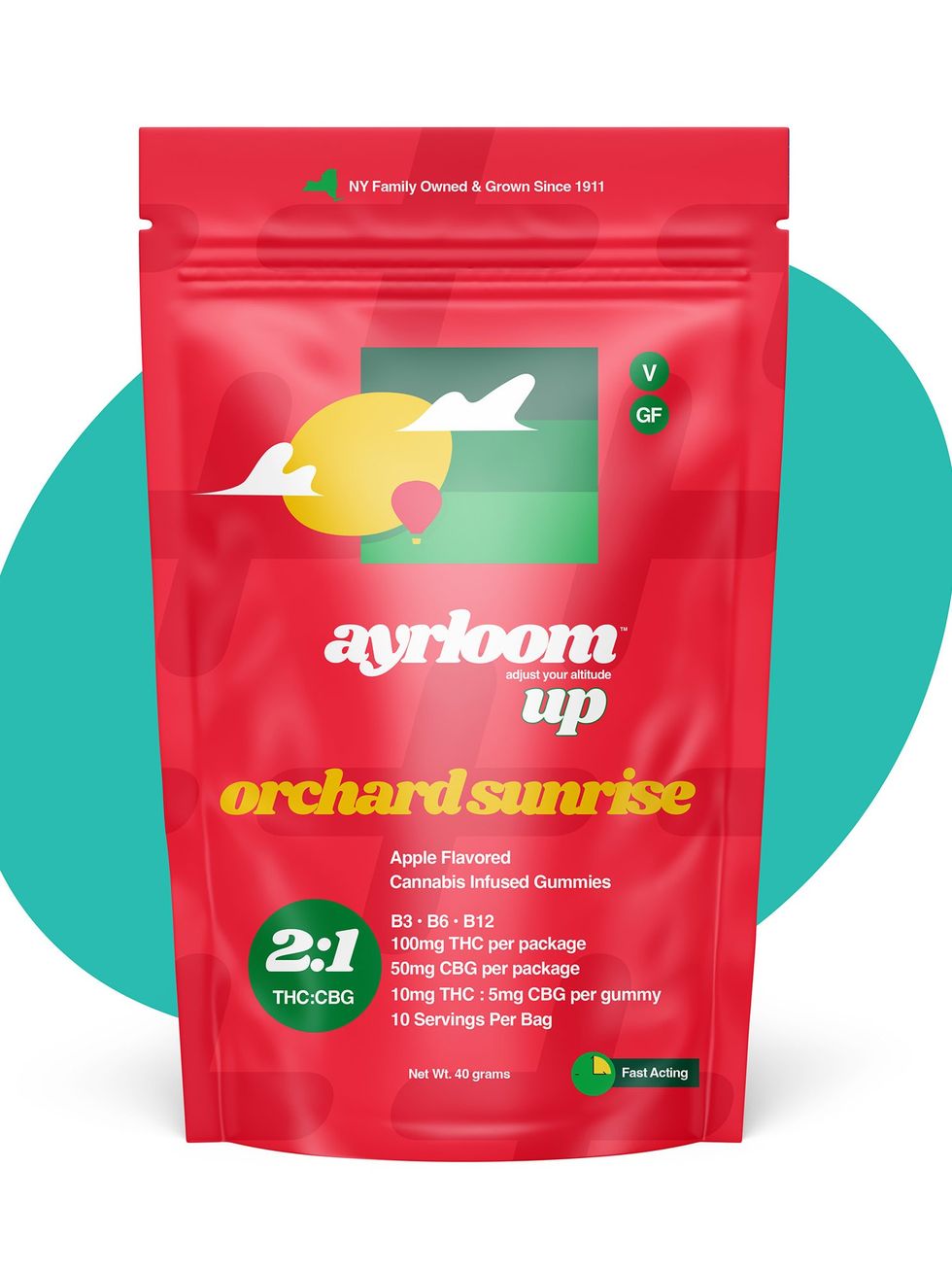 Ayrloom Orchard Sunrise Cannabis Infused Gummies
Ayrloom Orchard Sunrise Cannabis Infused Gummies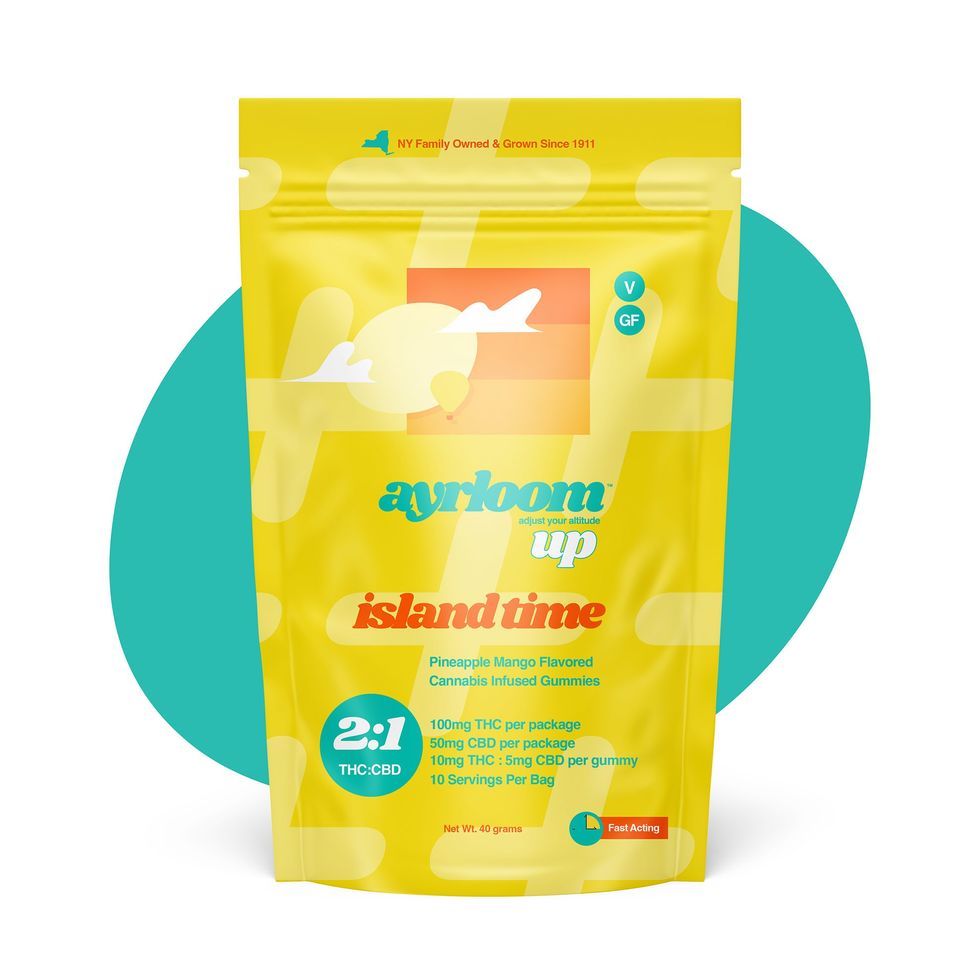 Ayrloom Island Time THC Gummies - Pineapple Mango Flavor
Ayrloom Island Time THC Gummies - Pineapple Mango Flavor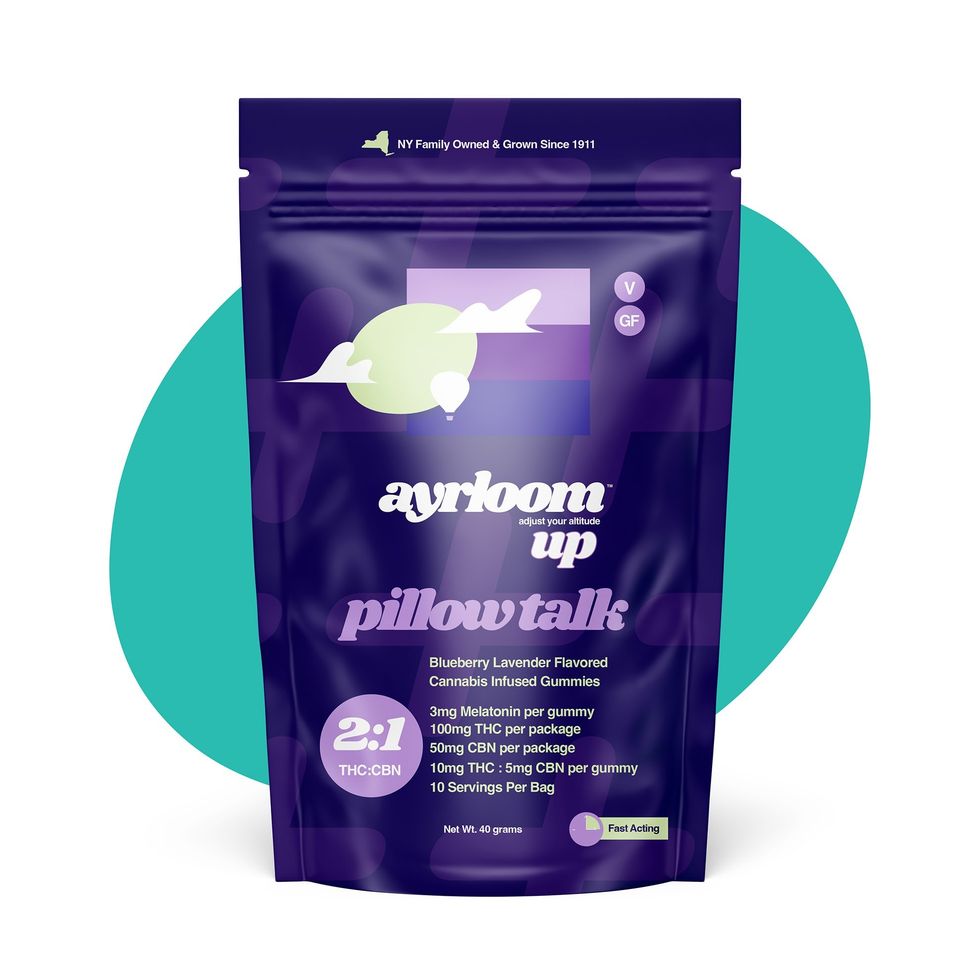 Ayrloom Pillow Talk - Sleep Gummies
Ayrloom Pillow Talk - Sleep Gummies